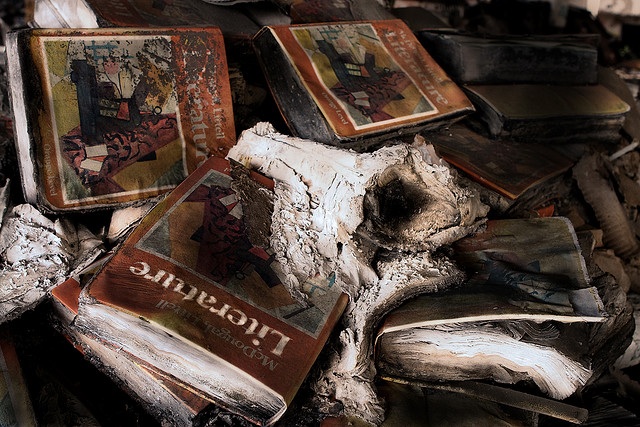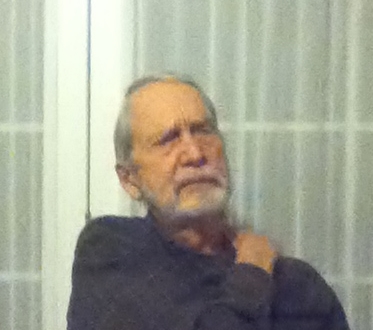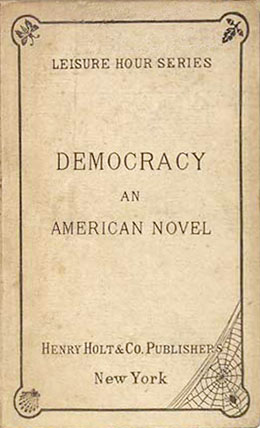–
Henry Veggian establishes Literature & Politics review:
 What intellectual traditions, political movements, writers and critics shape our understanding of the relationships between literature and politics in the United States? By what means do we identify such things, and to what ends? And how do these questions and others invite us to consider emergent configurations of critical thought? What possible futures might they suggest?
What intellectual traditions, political movements, writers and critics shape our understanding of the relationships between literature and politics in the United States? By what means do we identify such things, and to what ends? And how do these questions and others invite us to consider emergent configurations of critical thought? What possible futures might they suggest?
The Literature & Politics section of The b2 Review solicits and invites original book reviews from interested contributors. We ask reviewers to evaluate critical works that consider how literary writers and writings engage forms of political thought, philosophy, history and action, as well as to evaluate figures, studies and traditions concerned with the dynamics between politics and the literary arts.
We ask for reviews of an intermediate length but word count is not as important as style; we ask that you write reviews for the specialist as well as for the interested reader. Reviews will appear on the boundary 2 website.
Please contact boundary 2 for further inquiry.
–Henry Veggian


